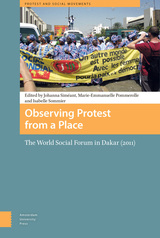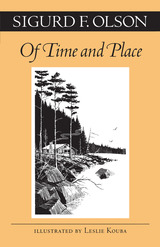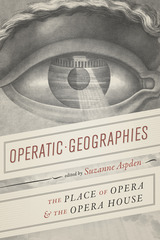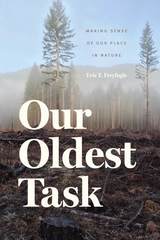5 start with O start with O



In Off Whiteness: Place, Blood, and Tradition in Post-Reconstruction Southern Literature, Izabela Hopkins explores the remaking of whiteness in the Post-Reconstruction South as represented in literary fiction. To focus her study, she discusses the writings of four prominent figures: Thomas Nelson Page, Ellen Glasgow, Charles Waddell Chesnutt, and Alice Dunbar-Nelson, who contributed to discussions of racial and social identity during the post–Civil War South through poetry, journalism, essays, novels, and more.
Off Whiteness draws from both sides of the color line—as well as from both the male and female experience—to examine the ambivalence of Southern whiteness from three particular vantage points: place, ideality, and repeatability. Hopkins develops her analysis across nine chapters divided into three parts. In her exploration of these four writers with differing backgrounds and experiences, she utilizes both their well-known and lesser-known texts to argue against the superficial oversimplification that “whiteness requires blackness to define itself.”
Hopkins’s analysis not only successfully grapples with a wide range of post-structural theories; it also approaches the significance of language and religion with intention and sensitivity, thereby addressing areas that are typically ignored in whiteness studies scholarship. The interdisciplinary nature of Off Whiteness positions it as an engaging text relevant to the work and interests of scholars drawn to American and Southern history, cultural and social studies, literary studies, etymology, and critical race theory.

Operatic Geographies invites us to reconsider the opera house’s spatial production. Looking at opera through the lens of cultural geography, this anthology rethinks the opera house’s landscape, not as a static backdrop, but as an expression of territoriality. The essays in this anthology consider moments across the history of the genre, and across a range of geographical contexts—from the urban to the suburban to the rural, and from the “Old” world to the “New.” One of the book’s most novel approaches is to consider interactions between opera and its environments—that is, both in the domain of the traditional opera house and in less visible, more peripheral spaces, from girls’ schools in late seventeenth-century England, to the temporary arrangements of touring operatic troupes in nineteenth-century Calcutta, to rural, open-air theaters in early twentieth-century France. The essays throughout Operatic Geographies powerfully illustrate how opera’s spatial production informs the historical development of its social, cultural, and political functions.

Passionate and pragmatic, extraordinarily well read and eloquent, Freyfogle details a host of forces that have produced our self-defeating ethos of human exceptionalism. It is this outlook, he argues, not a lack of scientific knowledge or inadequate technology, that is the primary cause of our ecological predicament. Seeking to comprehend both the multifaceted complexity of contemporary environmental problems and the zeitgeist as it unfolds, Freyfogle explores such diverse topics as morality, the nature of reality (and the reality of nature), animal welfare, social justice movements, and market politics. The result is a learned and inspiring rallying cry to achieve balance, a call to use our knowledge to more accurately identify the dividing line between living in and on the world and destruction. “To use nature,” Freyfogle writes, “but not to abuse it.”
READERS
Browse our collection.
PUBLISHERS
See BiblioVault's publisher services.
STUDENT SERVICES
Files for college accessibility offices.
UChicago Accessibility Resources
home | accessibility | search | about | contact us
BiblioVault ® 2001 - 2024
The University of Chicago Press









